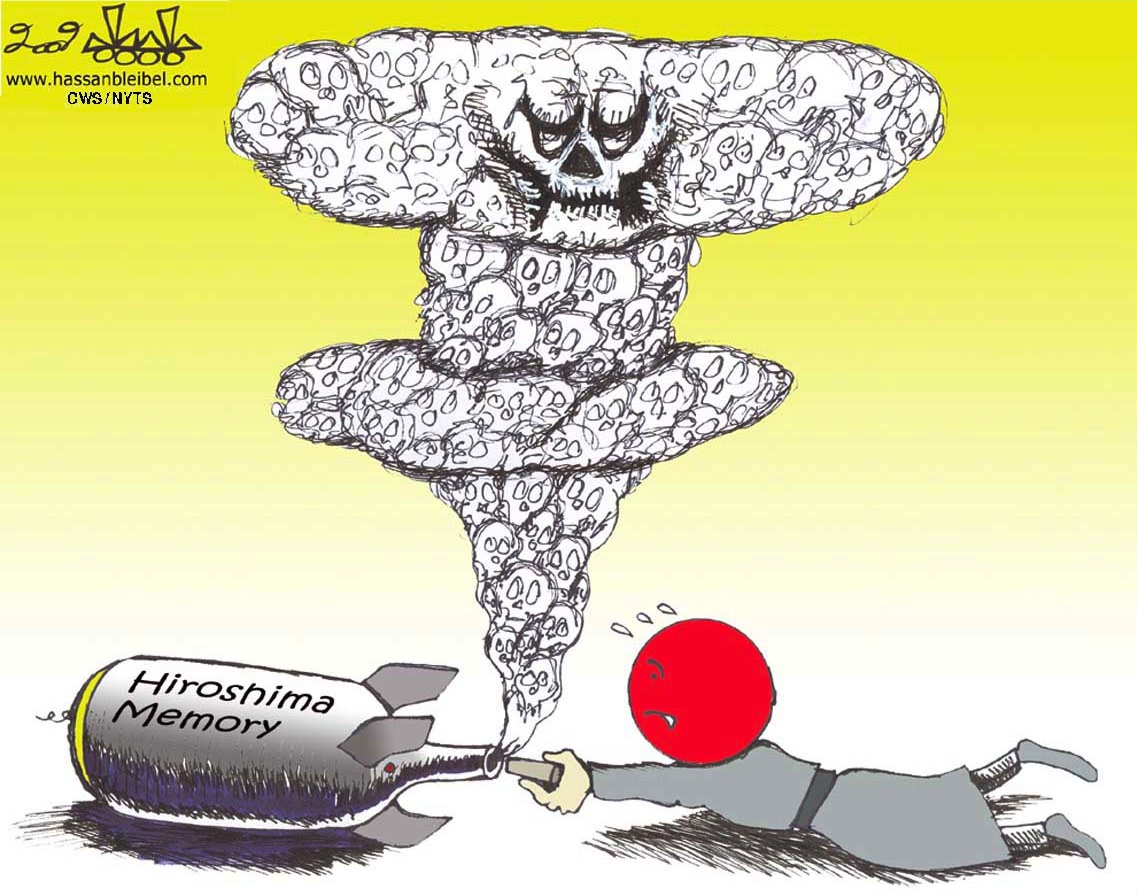On May 27, Barack Obama became the first sitting American president to visit the Hiroshima Peace Memorial, the site of the world's first atomic bombing. Though highly photogenic, the visit was otherwise one that avoided acknowledging the true historical meaning of the place.
Like his official predecessors (Secretary of State John Kerry visited the Peace Memorial in early April, as did two American ambassadors before him), Obama did not address the key issues surrounding the attack.
With rare exception, the question of whether the atomic bombs were necessary to end World War II is debated only deep within the safety of American academic circles: could a land invasion have been otherwise avoided? Would more diplomacy have achieved the same ends without the destruction of two cities? Could an atomic test on a deserted island have convinced the Japanese? Was the surrender instead driven primarily by the entry of the Soviets into the Pacific War, which, by historical accident, took place two days after Hiroshima — and the day before Nagasaki was immolated?


















With your current subscription plan you can comment on stories. However, before writing your first comment, please create a display name in the Profile section of your subscriber account page.